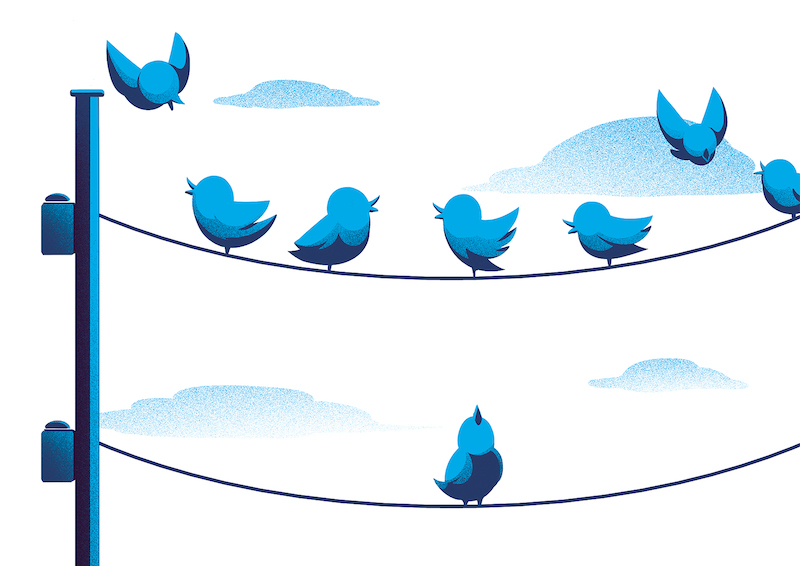If you've had a social media account for more than five minutes, you have no doubt looked at your friends' posts and thought, "Wow, they have a lot more friends than I do." Well, there's a reason for that.
They really are more popular than you.
But don't feel bad, it's not your fault - it's just sociology. This all comes down to something called the friendship paradox: the counterintuitive idea that most people are less popular than their friends. The phenomenon was first observed by sociologist Scott Feld in a paper titled "Why your friends have more friends than you do" in 1991, a very pre-Instagram time.
David Brake, a communications researcher and instructor in the Faculty of Extension, breaks down the phenomenon like this. The friendship paradox starts with a truism: popular people have more friends. So then, it follows that more-popular people are more likely to be your friends than less-popular people.
In other words, your odds of being friends with Gregarious Greg are better than your odds of being friends with Quiet Quinn simply because Greg has more friendships than Quinn. While this isn't a phenomenon that was birthed by the internet, Brake points to 2016 research in the journal PLOS One that shows the friendship paradox has found new life on social media.
It is exacerbated, of course, by the kinds of photos people choose to post. "People tend not to share a complete view of their lives," says Brake. While the choice to not share one's toenail clippings online makes perfect sense, in aggregate these choices can paint a picture that looks far more exciting and positive than the genuine article. And, of course, the social platforms contribute to feelings of anxiety and inferiority thanks to our tendency to compare ourselves with others. All of this can leave you with a fear of missing out, or as they put it online: #FOMO.
The best way out of this social media quagmire lies in evolving a more mature measure of what others post, says Brake. "Social norms change more slowly than technology," he points out.

We at New Trail welcome your comments. Robust debate and criticism are encouraged, provided it is respectful. We reserve the right to reject comments, images or links that attack ethnicity, nationality, religion, gender or sexual orientation; that include offensive language, threats, spam; are fraudulent or defamatory; infringe on copyright or trademarks; and that just generally aren’t very nice. Discussion is monitored and violation of these guidelines will result in comments being disabled.